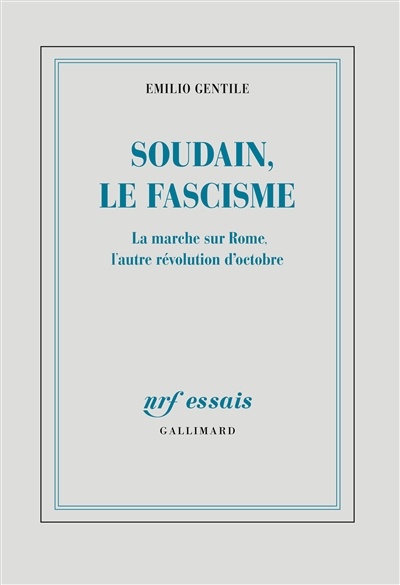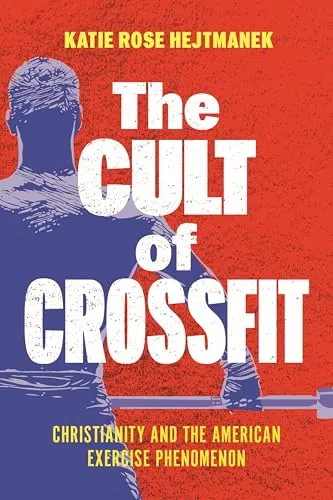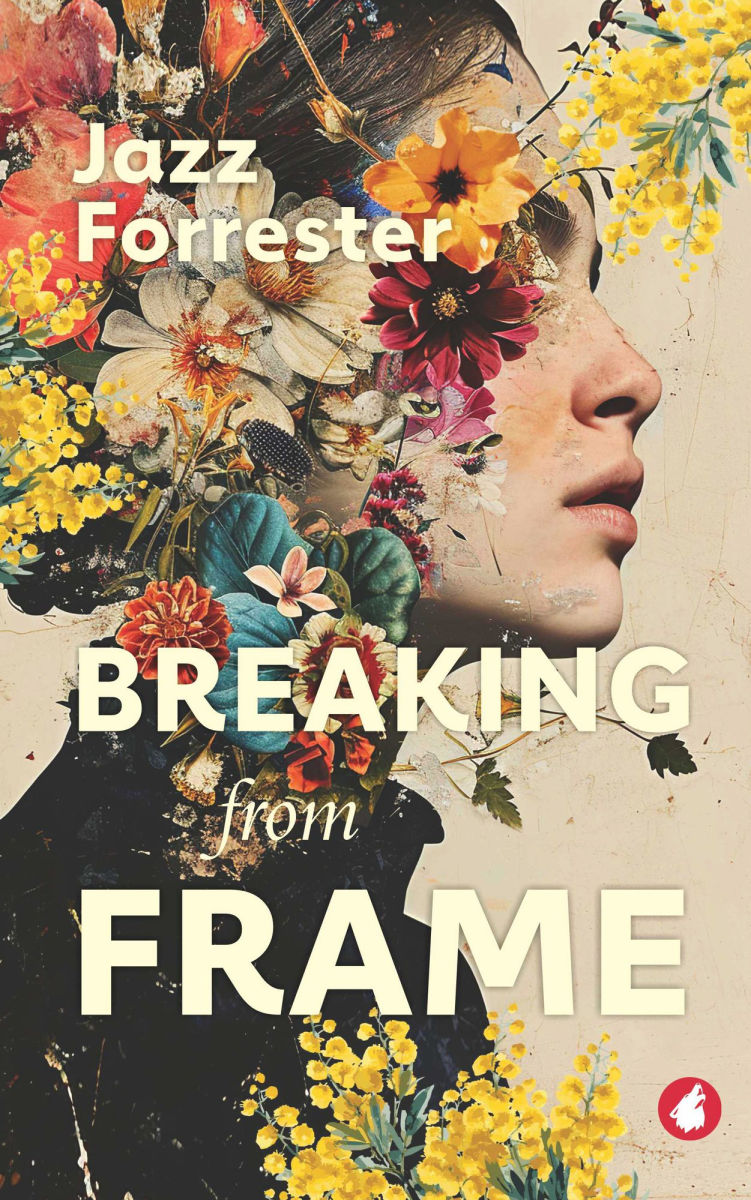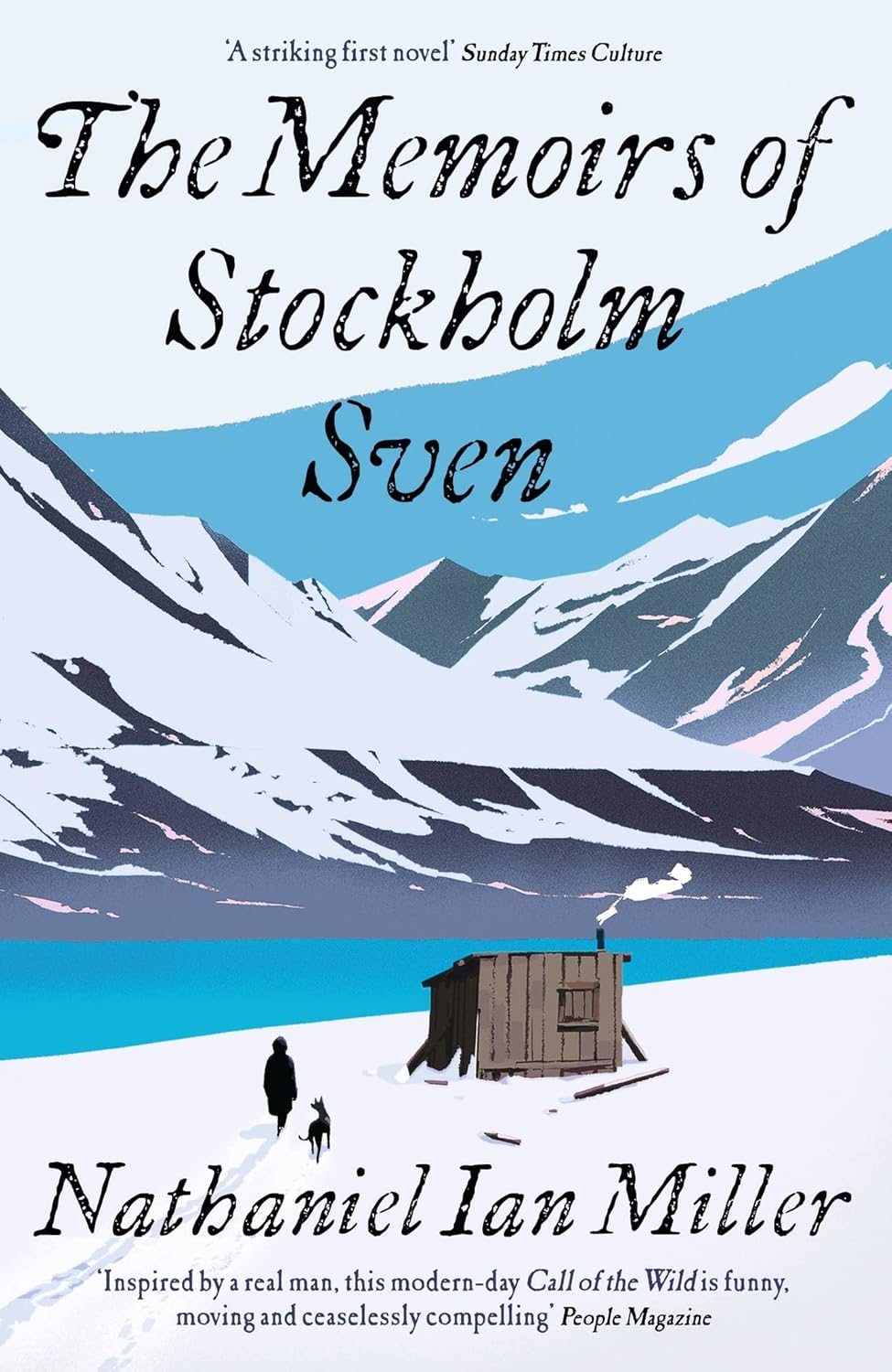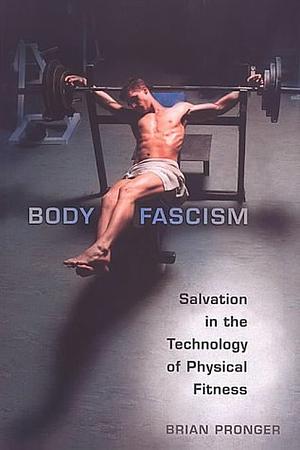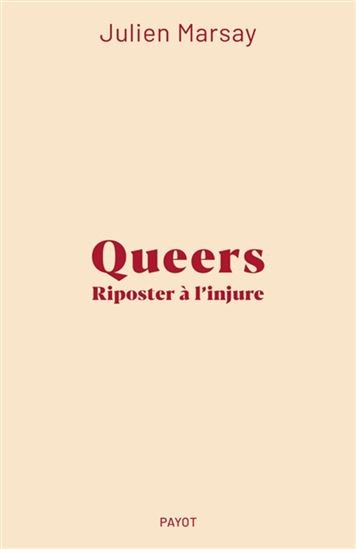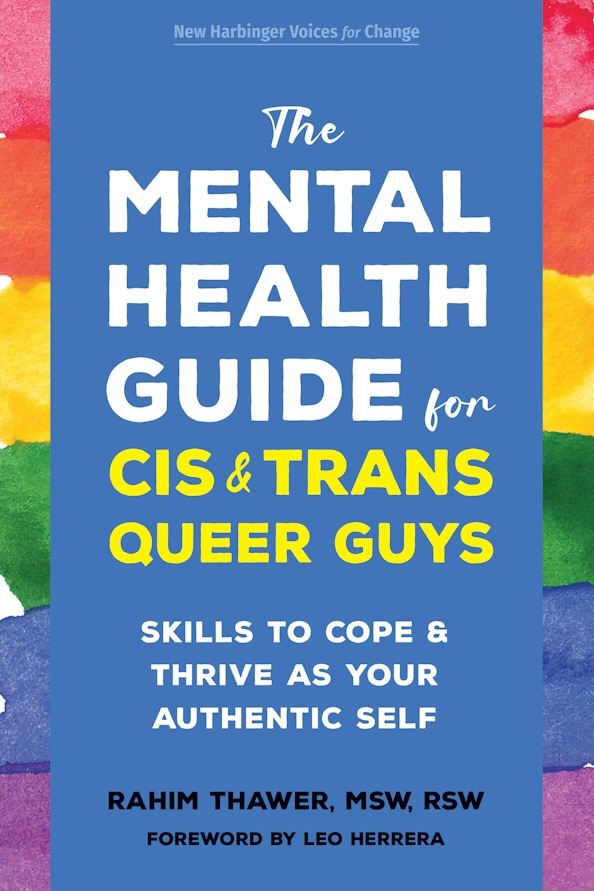Critics of physical fitness have overlooked an interesting body of writing in philosophy, history, anthropology, and sociology of science. Those authors who have appealed to Foucault's theoretical frameworks have made mention of his philosophy and history of scientific knowledge, but only in passing, and they do not plumb his analysis of the intimate connection between power and scientific knowledge. All the writers who have been critical of the scientization of physical education have been so because they see in it negative political consequences. Yet they do not directly address the literature from the powerful politics of scientific knowledge — the way in which scientific knowledge shapes the world in which we live. The materialist critiques of the scientific professionalization of physical education, describing the development of professional monopolies, come closest to an account of the power of science. But they go no further than citing the high status of science as a guarantor of legitimacy. (...) The power of the exercise sciences needs to be analysed for the ways in which they set out to change the reality of the body. Most of the critics of the science of the technology of physical fitness, while they do not have explicit theories of scientific knowledge, suggest implicitly that the sciences are problematic because their ideas of the nature of the human body and of the politics that contribute to its health or disease are inappropriate: the exercise sciences convey false ideologies, which is to say that their ideas about the body (understood, for example, metaphorically as a machine) and of health (as a primarily individual concern) are at odds with the true nature of the body and strategies for health. There is a stronger, indeed in some senses more material, critique of the exercise sciences, which argues that they are problematic not because of their ideas of the body and its politics, but because of the way in which they attempt to actually produce the body and its politics.



